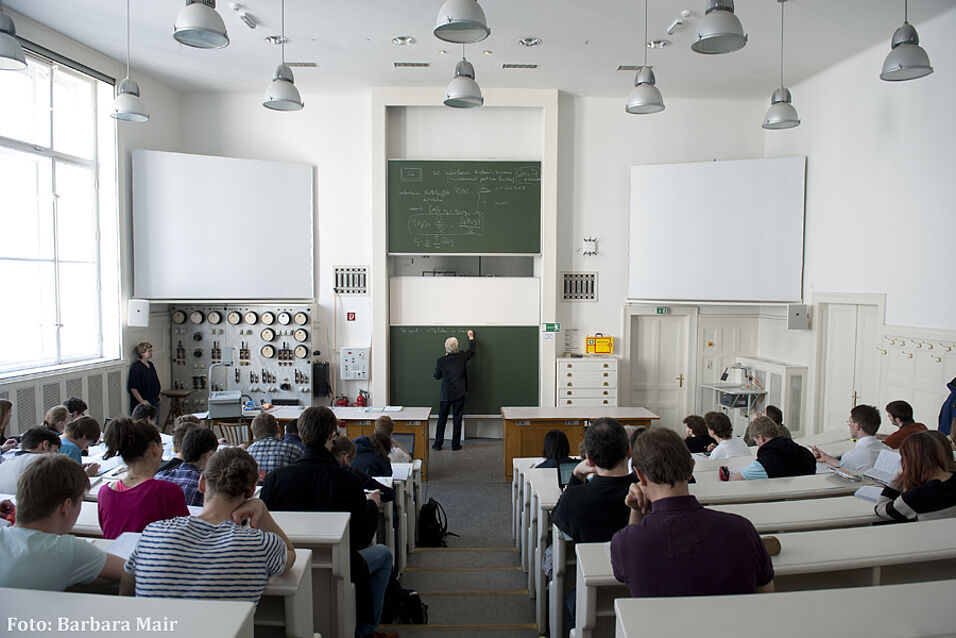The ability to cool atoms below the Doppler limit – the minimum temperature reachable by Doppler cooling – has been essential to most experiments with quantum degenerate gases, optical lattices and atomic fountains, among many other applications. Molecules can have a permanent electric dipole moment for strong and long range dipole‐dipole interactions and additional degrees of freedom such as rotation and vibration. Ultracold molecules offer new and exciting applications ranging from precision measurements to test fundamental symmetries, quantum information and quantum simulation. Additionally, ultracold molecules with permanent electric dipole moments can be used to study dipolar quantum gases with interaction energies 103‐104 times stronger than similar experiments with Dy or Er atoms. However, the additional degrees of freedom make it also challenging to laser cool the molecules to ultracold temperatures. I will present results on laser cooling CaF molecules to below the Doppler limit and show first experiments to coherently control the molecules in a magnetic trap. We produce the molecules in a buffer gas molecular beam and slow them by chirped radiation pressure slowing to about 10m/s, capture them in a magneto‐optical trap (MOT) where they Doppler cool to about 10mK. I will discuss the properties of the magneto‐optical trap and compare it to analytical and numerical models and to the properties of standard atomic MOTs. We cool the molecules further to 500µK by decreasing the intensity of the MOT laser beams and to 5µK by sub‐Doppler cooling in a blue‐detuned optical molasses. Finally, I will present first experiments to coherently control the molecules using microwaves and our recent progress towards sympathetic cooling the molecules with ultracold Rb atoms.
Stefan Truppe (Fritz-Haber-Institut, Berlin): Laser cooling molecules
Location:
Verwandte Dateien

Foto: Barbara Mair
